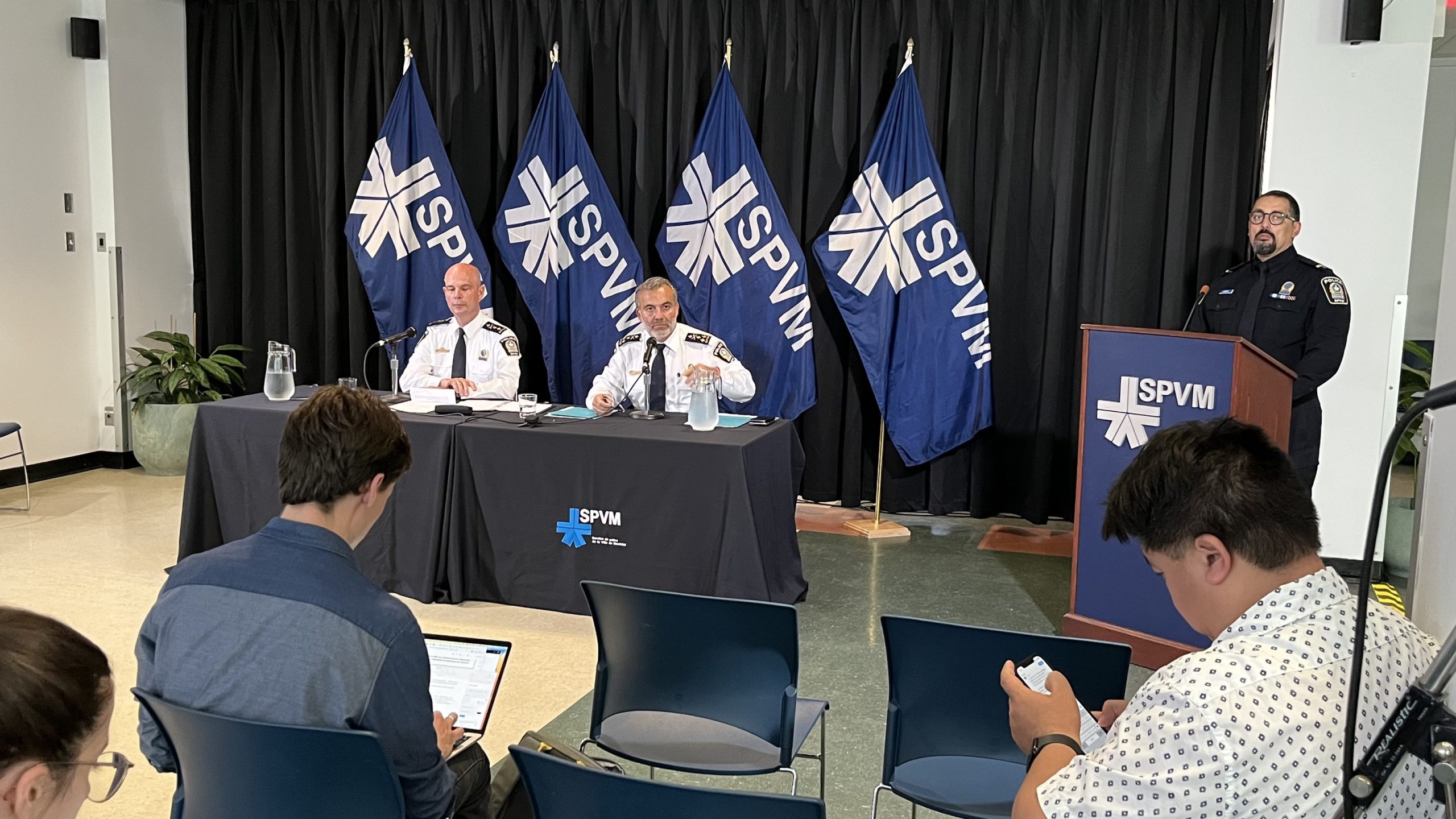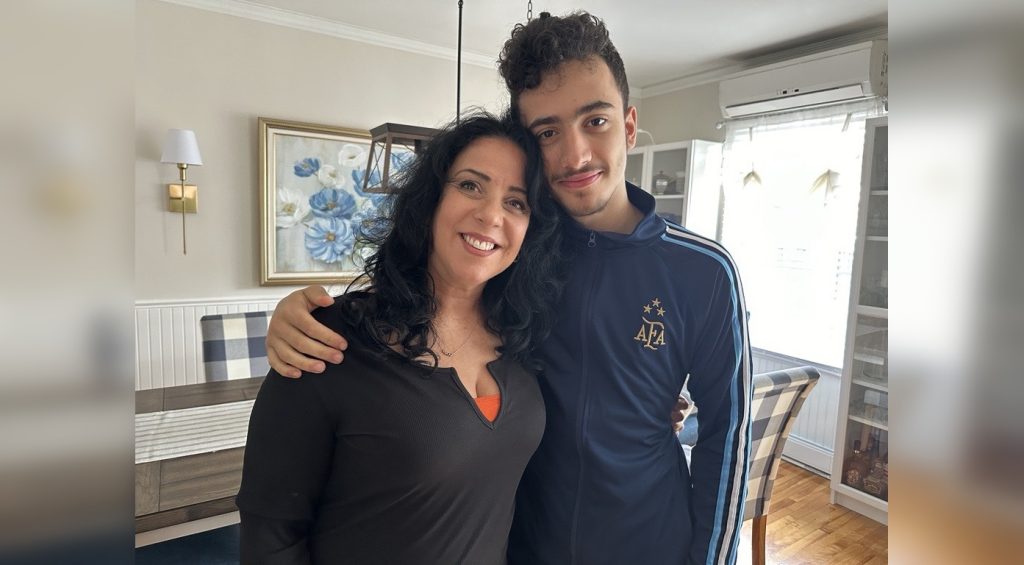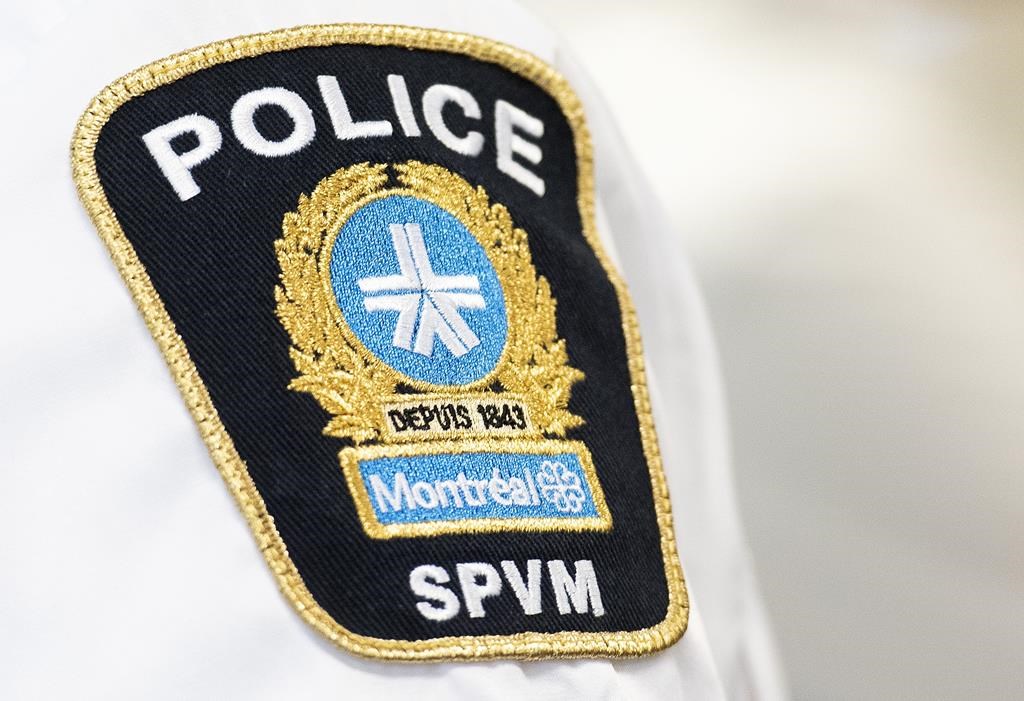Report on Montreal police street checks and racial profiling: “I want to solve the problem,” Chief Dagher
Posted June 22, 2023 3:37 pm.
Last Updated June 22, 2023 6:43 pm.
Montreal police (SPVM) released a second report commissioned by the department on street checks and racial profiling. It concluded that racialized people are disproportionately targeted by random street checks. The university researchers that put together the report recommended temporarily suspending random police stops.
“Was I going to announce a moratorium on street checks today? The answer is no. I don’t want to announce a symbolic measure, I want to solve the problem. So we’re going to maintain this practice and make sure it respects the rights and freedoms of all populations. I recognize that the situation is not perfect and that there may be biases that influence our practices, but I insist: my police officers in the field are not racists. However, I recognize that there is systemic racism. There’s still work to be done, and we’ll do it. The bond of trust with the public and the legitimacy of our work depend on it,” says Montreal police chief Fady Dagher in a press release.
Following the October 2019 submission of the report “Les interpellations policières à la lumière des identités racisées des personnes interpellées” (“Police stops in light of the racialized identities of those stopped”), which analyzed data from police stops between 2014 and 2017, the SPVM became the first police force in Quebec to adopt a policy on police stops, in March 2021.
That initial report revealed that SPVM officers stop people from visible minorities far more frequently than they stop white people. The study found that in Montreal an Indigenous person was 4.6 times more likely to be stopped for a “street check” than a white person, and that a Black person was 4.2 times as likely to be stopped. Montreal residents of Arab descent were twice as likely to be stopped as those who are white.
Since the publication of the initial report, calls for action and accountability for police arrests have increased. With that goal in mind, a new report just released aims to provide a better understanding of the SPVM’s police arrest policy and establish clear and transparent guidelines to prevent unfounded or random street checks.
According to the researchers, for the year 2021, an Indigenous person is 6 times more likely to be stopped than white people; Black individuals, 3.5 times; and people of Arab decent, 2.5 times. “The SPVM has already taken several steps to improve the practice of street checks, and intends to accelerate the process. Several of the proposals put forward by the researchers are already in place, others are underway and others will be worked on in the near future,” said the force in a press release.
Dagher says it is worrying that there was no real change in the numbers since the researchers produced a report on the same topic in 2019.

Montreal police chief Fady Dagher at a press conference on June 22, 2023. (Credit: Martin Daigle, CityNews Image)
Various measures have been taken as part of this cultural change the SPVM says, “which has already begun.”
“These include making the workforce more heterogeneous, notably through the expanded AEC police diversity program (diversity and social profile); training SPVM members on the concepts of racism, systemic racism and racial profiling; and reducing practices that contribute to increased discrimination and diversification within the organization’s hierarchy.”
Other measure include:
- Improve and update the policy on police questioning to promote a better understanding of the concepts and better define the situations in which questioning can be carried out;
- Make the team of street check coaches permanent and give it a mandate to support and train police personnel;
- Organize outreach activities to ascertain the concerns and expectations of racialized and Indigenous groups, as well as the rest of the population, with regard to the practice of police stops.
“It’s going to be a long and difficult job. What’s more, we’ll all have to work together – us, our partners and society as a whole – otherwise we’ll have no chance of succeeding,” says Dagher.
Cautious optimism about guidelines
Speaking at a press conference Thursday, Chief Dagher said that racial profiling often involves micro-aggressions but if repeated constantly and insidiously they undermine people’s self-esteem, destroys their sense of belonging and can make them believe –and accept—that they are second-class citizens.
Police critics wanting to see an end to racial profiling say they are cautiously optimistic about the report. But while they say it looks good on paper they aren’t sure the recommendations will be implemented – and even if they are, who is going to make sure that things actually change on the ground level.
“Everyone knows that racial profiling within the police force happens every day,” says defence attorney Kwadwo Yeboah, “so if Chief Dagher is serious about this, he will have to make sure that his officers implement these recommendations.”
Yeboah says that these changes need to happen because there’s a segment of the population that is always the victims of these stops.
The report found that random stops leave a lot of room to question people, allow for discretionary powers, but also run the risk of possible or perceived risk of abuse. Police officers say they stop people to collect information, to validate suspicions, to offer help, and to prevent crime. They consider stops a necessary part of their work and believe that eliminating them would increase insecurity and crime on the ground.
Stops often propelled by implicit biases, not facts
Because of their proactive, discretionary and predictive nature, the report concludes, random police stops are particularly susceptible to a police officer’s implicit biases, which often lead to discriminatory practices. It cites a study that shows that there is a correlation between the dissemination of anti-black biases within a local population and the employment of disproportionate force by local police towards Black people. Many studies also point to random street stops not having many beneficial results when it comes to fighting crime, while simultaneously affecting trust in police officers in a negative way.
With Black and Arab youth and men aged 15 to 34 particularly targeted by police stops, this can have considerable impact on the development of young people and their safety, the reports points out. Interacting under conditions that foster a relationship of mistrust and contempt means that young people do not call the police when they are in danger.
Alain Babineau, director of the Red Coalition, agrees. “There’s no value in street checks,” he says, “on the contrary it has a negative affect on the relationship of the Black and minority communities and the police so it has more of a negative affect than a positive affect.”
Diversity and transparency among recommendations
Police have to re-evaluate the preventative approach that they take and minimize the discriminatory effects on minority communities, concludes the report. Other recommendations: focus on making the police force much more diverse and incorporating the perspective and experience of racialized communities.
Understanding unequal power dynamics when dealing with young members of diverse communities, racialized and Indigenous people, and trying to establish constructive relationships and building confidence in the police force were some recommendations. Transparency is also key. Developing a communication strategy that clearly explains the legal powers of police officers, as well as their limits and citizen rights during an investigation is important.
“Police officers will now have to articulate, if they are challenged, they will have to be able to articulate why they stopped that individual and that’s the idea here, to restrain the discretion police officers have to stop people,” says Babineau.
But he’s not sure how implicit biases can be tackled with guidelines. “Even if you put guidelines in place, those that are driven by the idea that Black or Indigenous people are more prone to criminality will find a way to stop someone and check them out.”
Babineau is also not convinced that a moratorium on police checks will happen. “I am not sure they will implement the moratorium – because its risky, because if something happens and someone dies and the police were given the orders to not intercept it could be dicey.”
A fight against pervasive police culture
At the end of the day, however, critics say it’s the police culture that’s hard to eliminate.
“There is probably going to be a lot of resistance [to the new guidelines] and they’ll probably find another way to curb those recommendations,” says Yeboah.
Chief Dagher says it’s important to remember that the SPVM commissioned the study “in all humility and with the objective of improvement. It’s only objective,” he says, “is to help us improve.”
Babineau says changing a culture will take time and patience.
“Its really the policing culture that needs to be tackled and changed,” he says. “We’ve seen positive signs from Chief Dagher, but it’s going to take a long time to build trust between the SPVM and Black and Indigenous communities, that was never really there. People will have to be patient.”
To consult the full report, click here.



